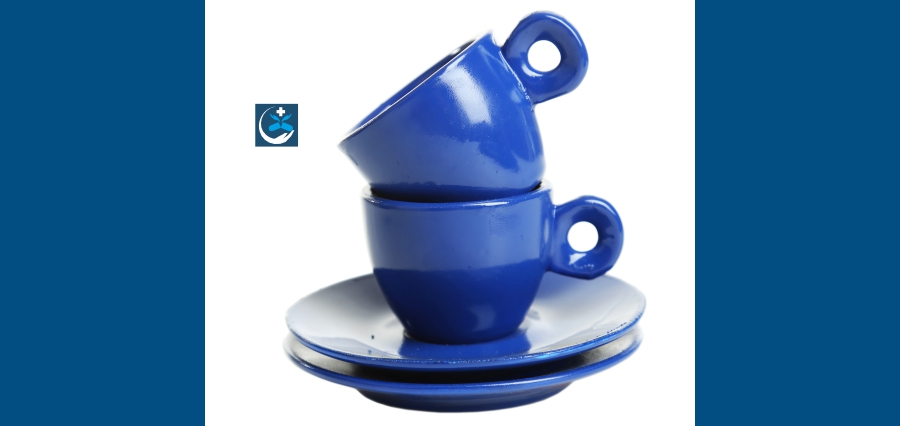The National Immunisation Program Vaccinations in Pharmacy (NIPVIP) Program allows eligible patients to access free National Immunisation Program (NIP) vaccines in a community pharmacy, with no out-of-pocket costs.
From Monday 29 April 2024, participating pharmacies can receive a payment of $18.85 per vaccination for the administration of NIP vaccines for individuals aged 5 years and over, in a pharmacy setting, as well as for off-site vaccinations in residential aged care and disability homes.
The expansion of the NIPVIP Program increases patient access and affordability of vaccinations to help protect our community from vaccine-preventable diseases.
From 1 July 2024, NIPVIP payments will also be indexed in line with MBS indexation. Funding for the off-site expansion of the NIPVIP Program will be available until June 2026, with continuation subject to review.
The National Immunization Programme to include pharmacies for vaccination delivery is widely practised in several countries across the world. NIP in many countries is expanding to allow pharmacists to administer certain vaccinations in addition to traditional vaccination providers like doctors’ offices and clinics.
This move aims to improve vaccination access and convenience for the public by utilizing the widespread availability of community pharmacies as vaccination sites. Pharmacists receive specialized training to provide vaccination services, including vaccine storage, administration techniques, screening for contraindications, and monitoring for adverse events. Common vaccinations that pharmacists may be authorized to give include annual influenza shots, pneumococcal, zoster (shingles), meningococcal, and certain travel vaccines like hepatitis A/B.
Strict protocols are typically in place for pharmacies to properly handle vaccines, maintain cold chain, document administration records, and report to immunization registries. Having more immunizing providers through pharmacies can help improve national vaccination coverage rates against vaccine-preventable diseases. For the public, it provides additional convenience to get vaccinated while running errands compared to making a separate doctor’s visit.
Pharmacy vaccination services may have an associated administration fee for patients, but costs are often covered by insurance plans. Overall, the expansion to pharmacy vaccination aims to address barriers to immunization access and leverage the medication expertise and public trust that pharmacists provide.
Read More: Click Here







